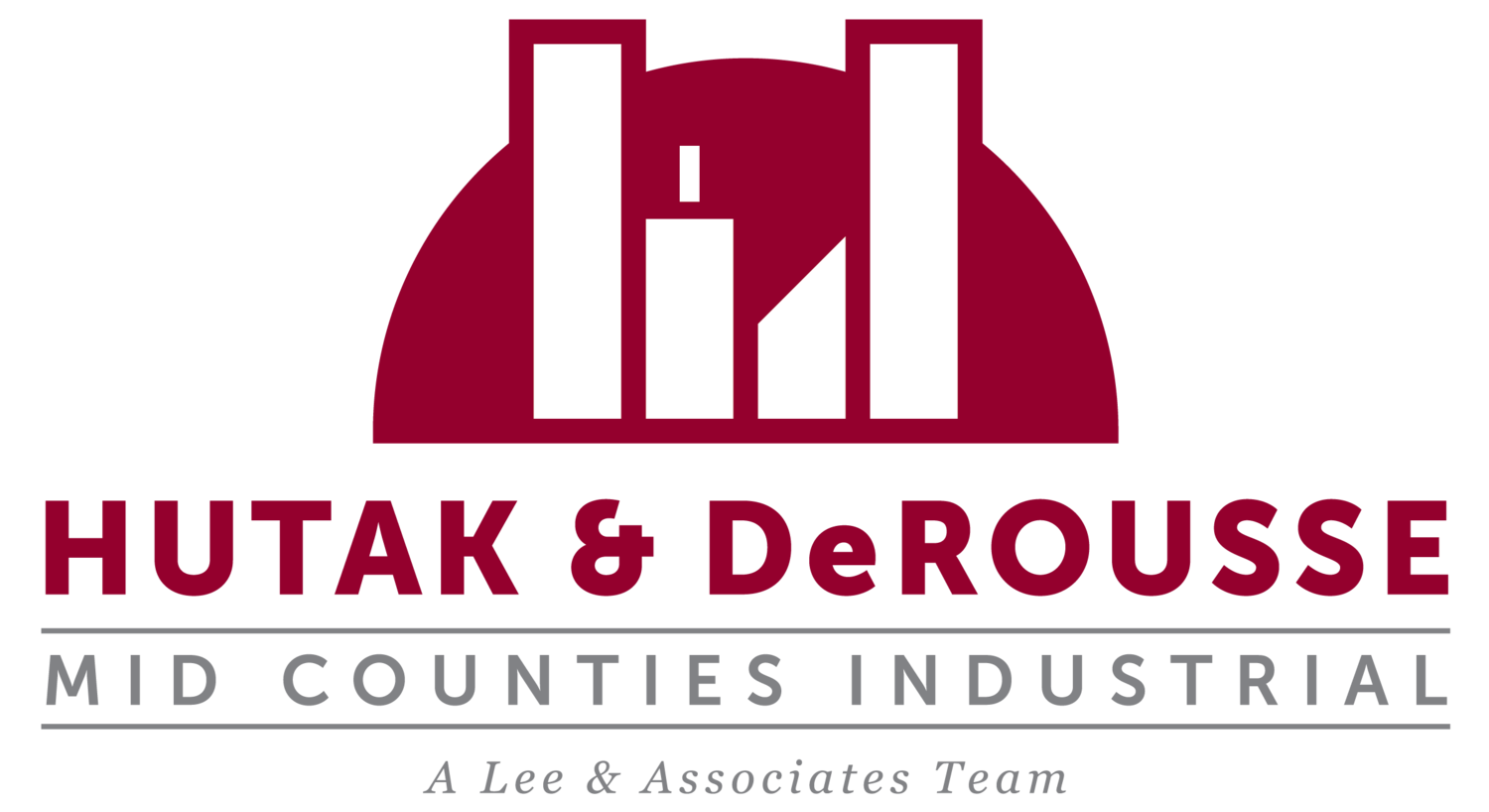The so-called California Schools and Local Communities Funding Act, if California voters pass it in 2020’s General Election, would be a game-changer for Commercial Property owners. Tax rules for residential and agricultural property would remain in place, but the property tax rolls would be ‘split’ and properties designated for commercial use would no longer enjoy the protection of Proposition 13. Industrial, retail and office properties are specifically identified, but other types of commercial property like hotels and recreational properties are expected to fall within the new law’s shadow. Under the proposed law, commercial property could be reassessed every three years at a minimum, which means taxing authorities could simply not reassess for up to three years when market values are falling. We have read the law as proposed and it contains no mechanism for a property tax appeal process that is part of current law. The proposal makes a meager attempt to appear friendly to small business by exempting property owners who own less than $2 million worth of commercial property and whose businesses occupy the majority of the space in a property they own. The text of the law makes no reference to small third-party investors who own commercial property under the $2 million threshold. This is disingenuous at best, given the fact that 95% or more of commercial properties already have a value in excess of $2 million. The promoters of the proposition are using the well-worn mantra of “sticking it to the rich” who use loopholes to avoid paying their fair share. So, how will this impact the commercial real estate market? To be sure, almost every owner and occupier of a commercial property will be paying more. Long term owners, the group that enjoys the protection of Proposition 13 the most, will get slammed, as the proposed law would allow taxing authorities to immediately reassess their property to its current market value. That could double, triple or even quadruple the tax bill for these property owners in a single tax year. Tenants on net leases requiring them to pay all real property taxes, and tenants on gross leases that pass through tax increases to them over a base year, will all take a hit. Property values would likely fall immediately, especially for those investors and owner/users who pay their own property taxes as an operating expense, which reduces Net Operating Income, the amount capitalized to determine a property’s value. In those cases, every $1 in additional property tax decreases the value of that property by $20 at a current market cap rate of 5%. We will be following this issue very closely going forward and we will make sure to keep you informed.
Joel Hutak
714.564.7169
jhutak@lee-associates.com
DRE# 01411356
Phillip DeRousse
714.564.7141
pderousse@lee-associates.com
DRE# 01933061




